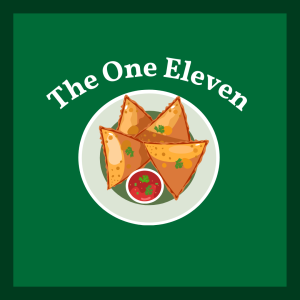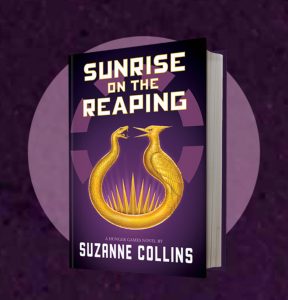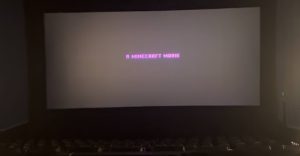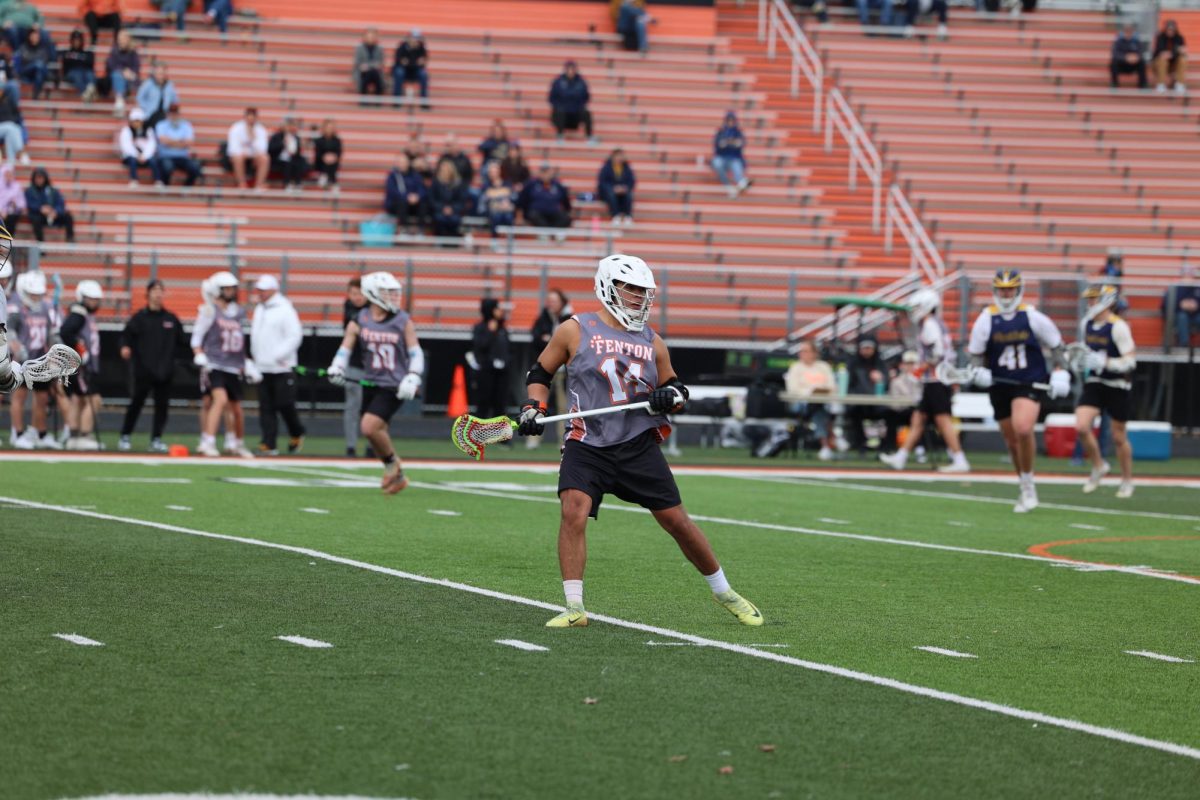Some teachers at FHS give non-traditional exams
January 17, 2020
As the semester ends, exam time begins. For the second year in a row, Fenton High brought back block scheduling for the week to provide the traditional ninety-minute review and exam time that has been used for years. That being said, not all of the exams given are the traditional multiple-choice tests students are accustomed to. Teachers are starting to look for new ways to test their students’ ability to apply the information they have learned.
Some of these tests can consist of projects combining skills learned over the semester, portfolios of greatest works or recordings of songs performed during the semester. Non-traditional exams are more common in electives such as Finance, choir, and art.
Bruce Burwitz, who teaches Business Management Administration (BMA), Finance, Accounting, and Virtual Enterprises International (VEI), said, “Finance [completed] a Stock Portfolio Project for their exam. This allows students to show their knowledge through authentic assessment.”
The arts exams often include completion of a task or project, which demonstrates the application of skills acquired in class; band is one of these classes.
“I think there’s a time and place for multiple-choice testing; I would use it if it calls for it,” music teacher Patrick Conaton said. “For instance, if we were doing a test on music theory, I may opt to do a multiple-choice test, but with my classroom being a performance-based classroom, I don’t have a lot of use for it. Symphony Band’s exam for the first semester was recording their scales.”
Different types of classes tend to test students in varying ways, which means that many students have experienced multiple kinds of tests.
“I think the non-traditional exams are useful because instead of just memorizing answers, you can actually put the exam to good use”, senior Lauren Megdanoff said. “I think for some classes like band or art, it’s useful, but for other classes, it really doesn’t matter that much. The traditional exam works, so why change it?”
Math teacher Steven Karr decided to test his students alternatively, as well.
“It’s mainly for time’s sake that you have a multiple-choice test for a semester exam,” Karr said. “It’s not necessarily the best way, but it’s the best way for what we have. BC Calculus took a portion of the exam in class and then they had an at-home portion. I do that so students don’t come back brain dead; they’re ready to go. The students like it because it’s one less class they have to worry about during exams. It’s a way to alleviate that stress for them.”
Some teachers, however, stick to multiple-choice tests for the midterm.
“To some extent, multiple-choice tests have some peace when it comes to exams,” English teacher Sarah Andersen said. “They’re good test prep for the SAT. However, I don’t think that should be the only way to test.”
Opinions about alternative exams are changing not only amongst the staff, but also amongst the students.
“Personally I think that traditional multiple-choice exams are efficient in how they show progress,” freshman Chloe Eden said. “I am the kind of person that hates written questions and I’m sure that many other kids do as well. However, I don’t think that they should be graded because many kids struggle with that kind of test; the school is making it harder for them to be successful.”
As Fenton High has shown, there’s plenty of different ways to test students. There’s always a way to find the best-fitting assessment per class.









